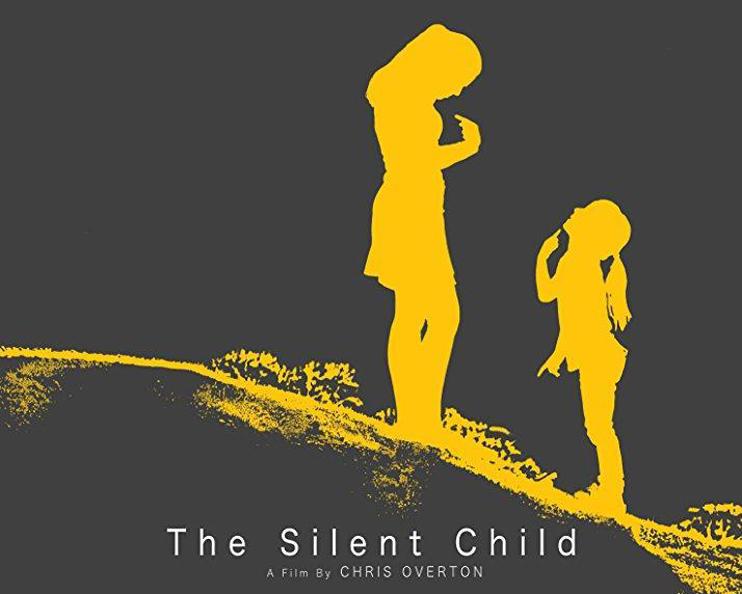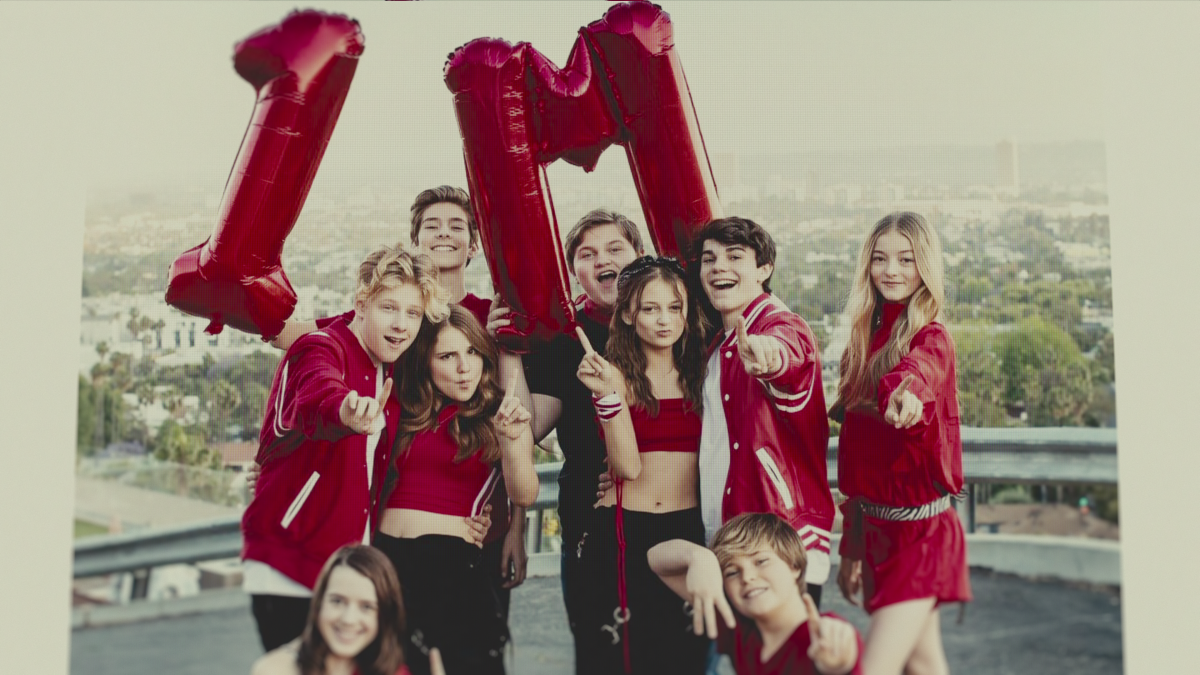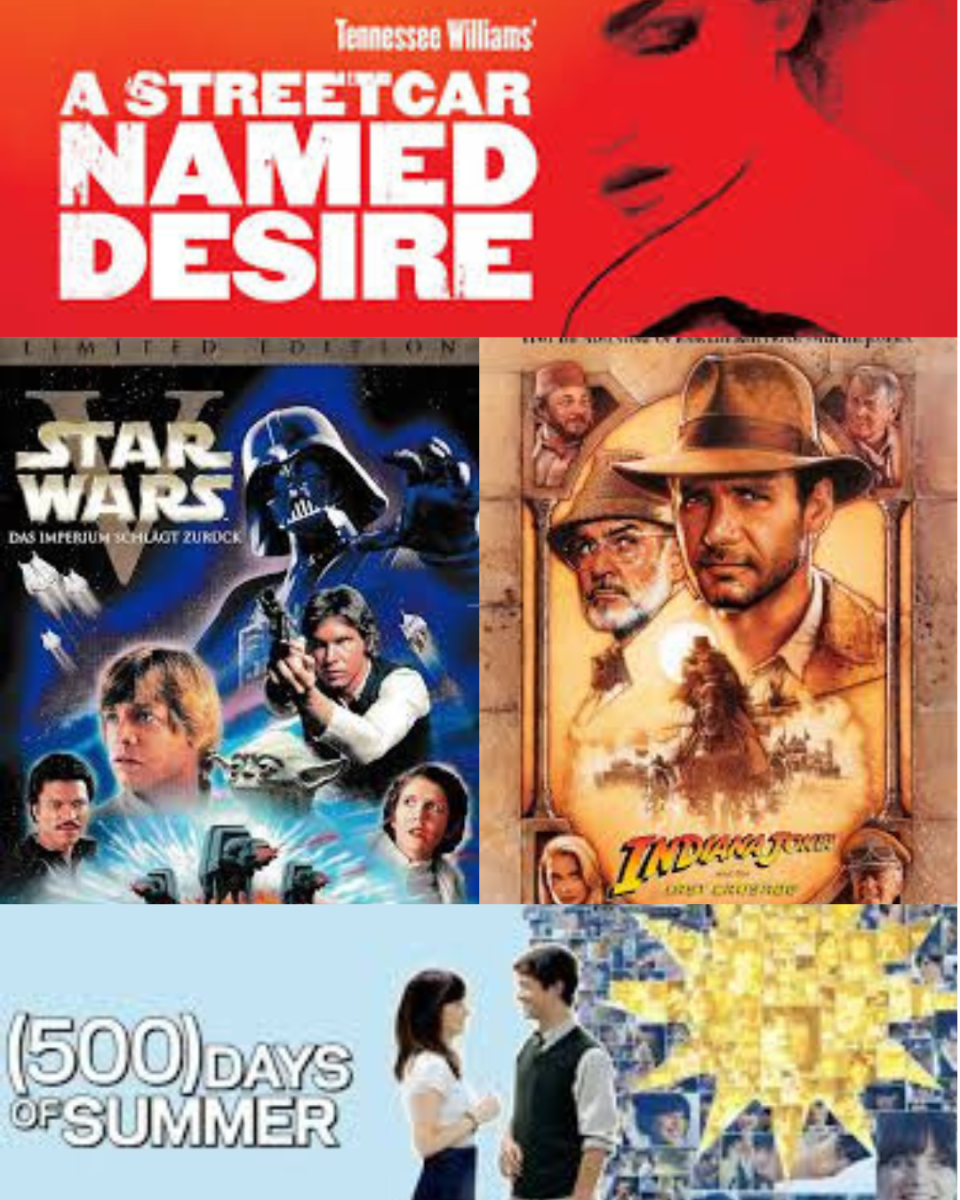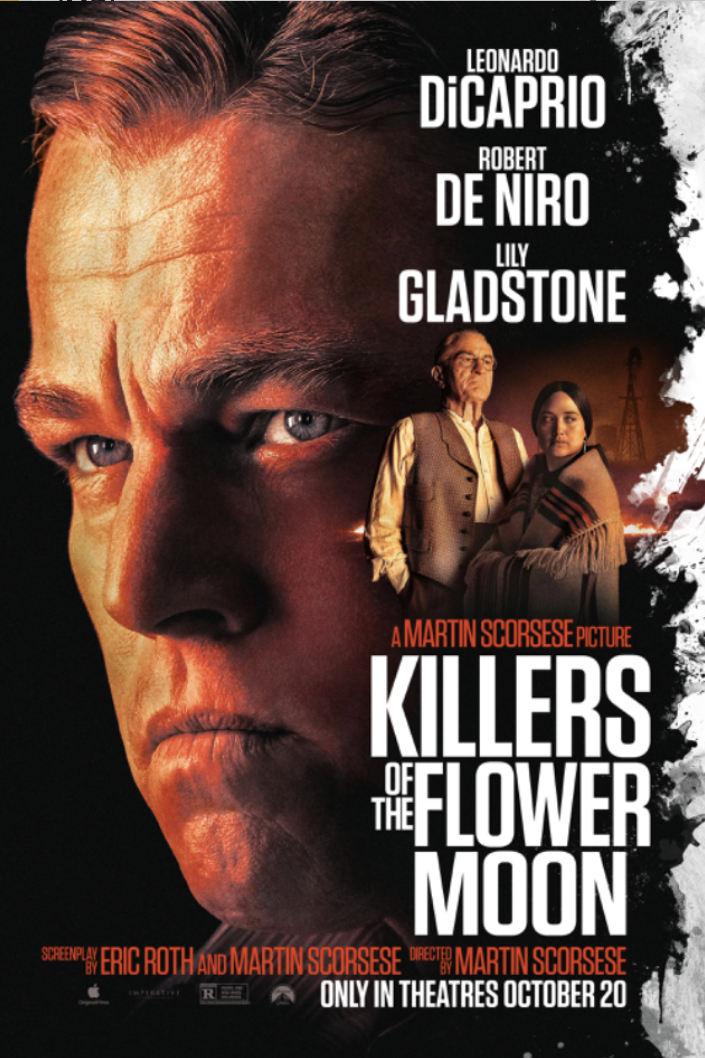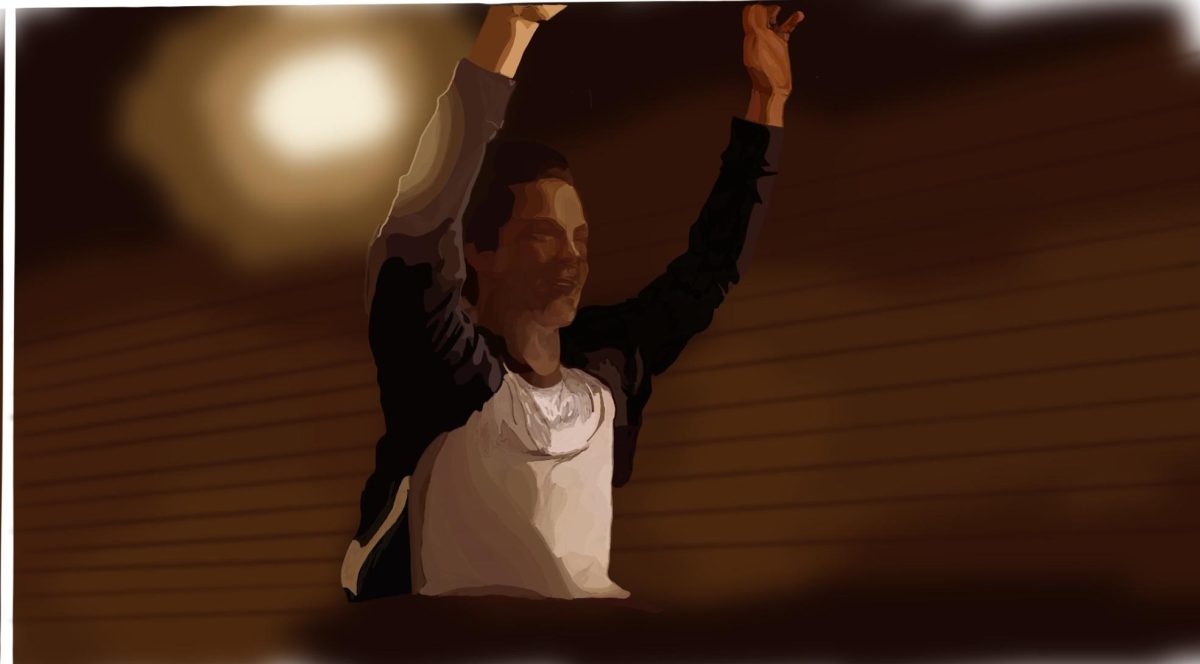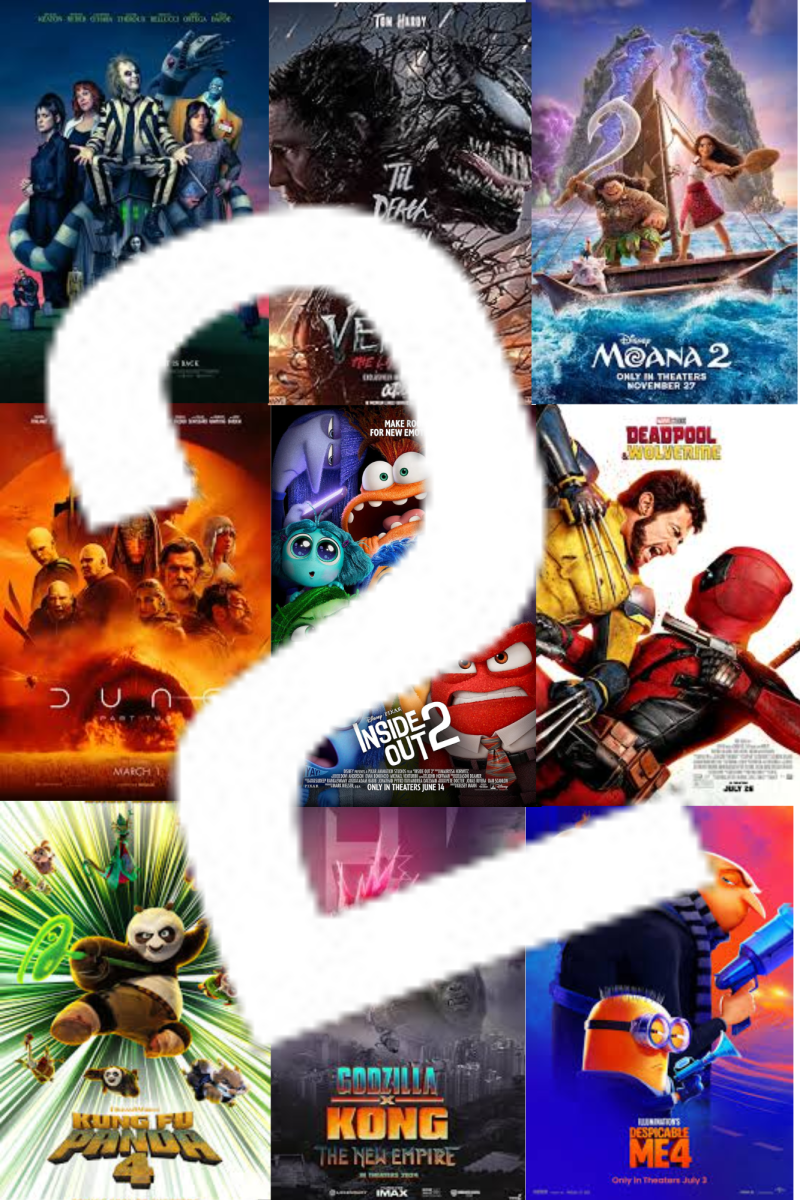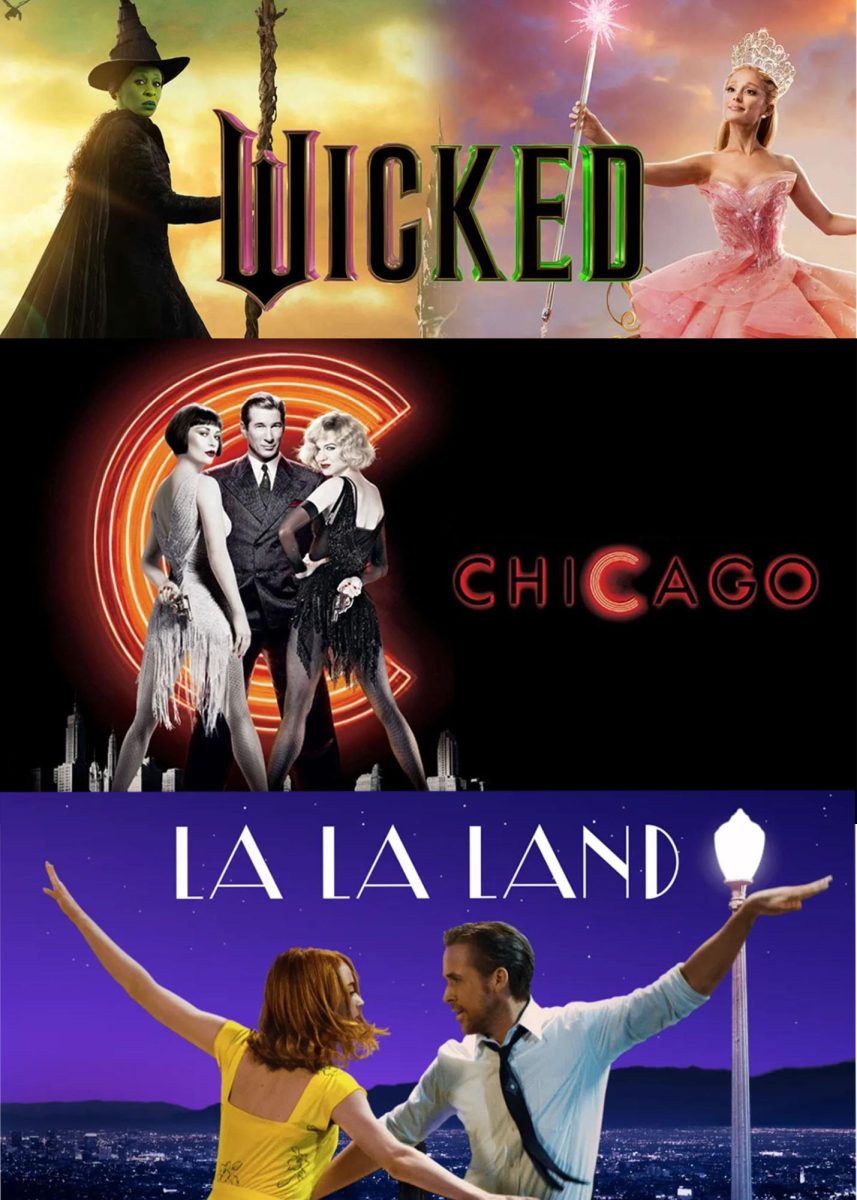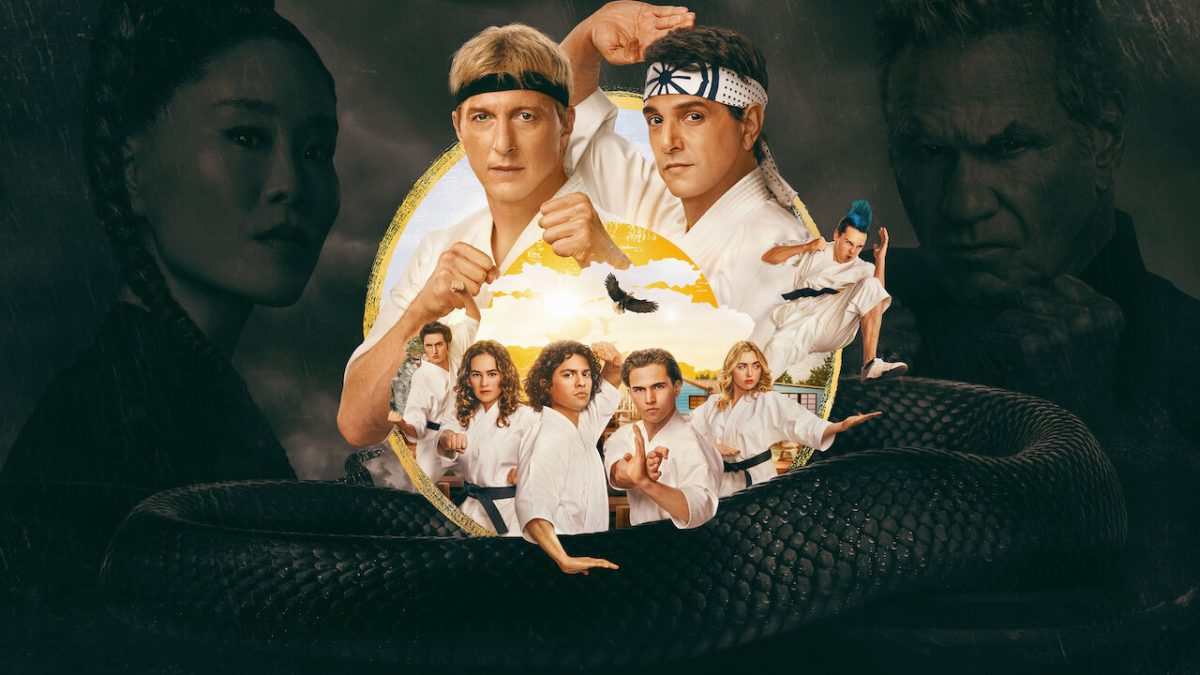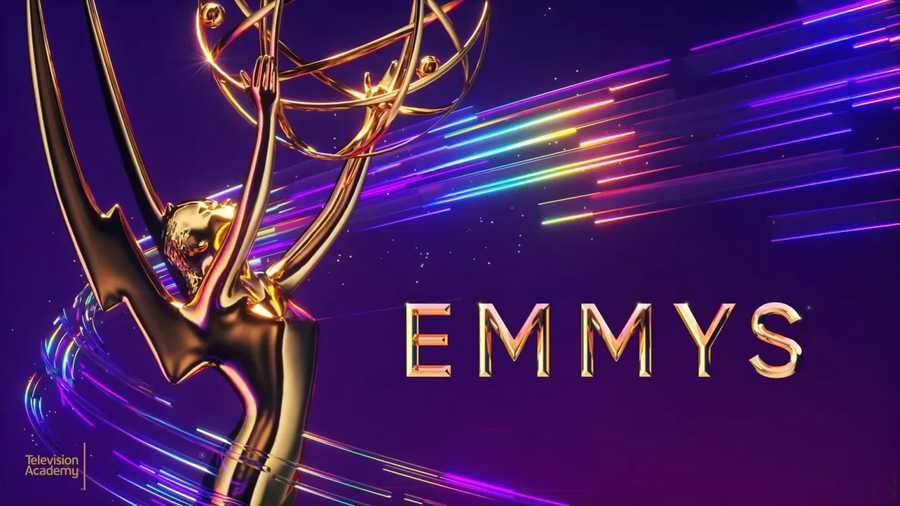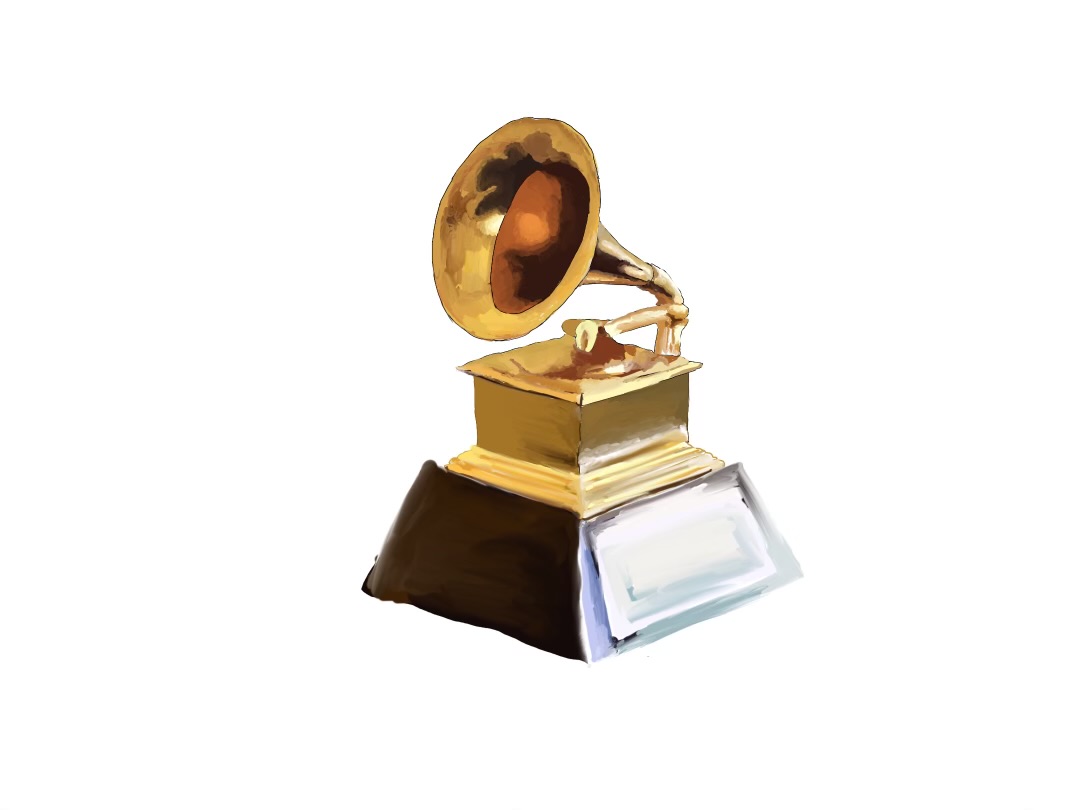During the Academy Awards, the highly-anticipated movies like “Dunkirk” and “Shape of Water” are always the most memorable. However, most people are unaware about the three winning Oscar shorts; the awards are for the best animated, documentary and live-action films. Although the films are short, they are made by big people with big ideas who masterfully condense stories into only 40 minutes or less. This year’s winning shorts feature unknown thoughts of a well-known person and unknown people with well-known conditions—and in themselves should be well-known amongst movie fanatics.
The award for the best nominated short film went to “Dear Basketball.” The film is a love letter from Kobe Bryant to basketball, playing on his attachment to the sport as a young child and dedication as a member of the Los Angeles Lakers. Bryant’s poem is narrated by him and made into fruition by the best in the business. Glen Keane, animator of “The Little Mermaid,” “Tangled” and “Pocahontas” directed this short. He was also the animator for the 2014 short romantic film “Duet,” which was produced by the same producer of “Dear Basketball,” Gennie Rim. In addition, the master of all film scores, John Williams, composed for this short. Williams, known for composing for classics like “Star Wars,” “E.T.” and “Schindler’s List,” enlivens this short with major, optimistic music. “Dear Basketball” is a polished artistic endeavor to express a child and professional’s love for athletics.
As the winner of best documentary short subject, “Heaven is a Traffic Jam on the 405” tells the story of Mindy Alper, a 56-year-old artist with a traumatic past of anxiety and other mental disorders. The title of the short is based on her feeling of peace when being still on the road during a traffic jam. Alone to her thoughts, Alper finds traffic jams to be a time away from the movement of a usual highway. As an analogy for her life, art is her traffic jam away from the rush of mental distress. Alper paints, sketches and sculps in order to find an outlet for her ingenuity. Directed, written, cinematized and produced by Frank Stiefel, the 40-minute documentary recalls a touching story. This film is inspirational to anybody struggling with mental or physical illnesses for them to find help in focusing on what they love.
The best live action short film, “The Silent Child,” features the life of Libby (Maisie Sly), a profoundly deaf four-year-old child. In the acceptance of the award, director Chris Overton and screenwriter Rachel Shenton came up to the stage as Shenton, who plays social worker Joanne in the film, delivered the speech in English and British Sign Language. Shenton wrote the screenplay as a matter close to her heart, as her father became deaf when she was a child. The film travels through the lens of a deaf girl in a well-to-do family in rural England, with a purpose of educating people on how to approach raising or encountering those who are deaf or mute. “The Silent Child” is a film with not only passion, but awareness to support those who need help.
The Oscar-winning shorts may have less fame than full-length feature films, but the weight that they hold is legendary in themselves. A person turns filmmaker when making an idea come to life on screen, but a filmmaker turns genius when expressing a full idea only in a short film.



